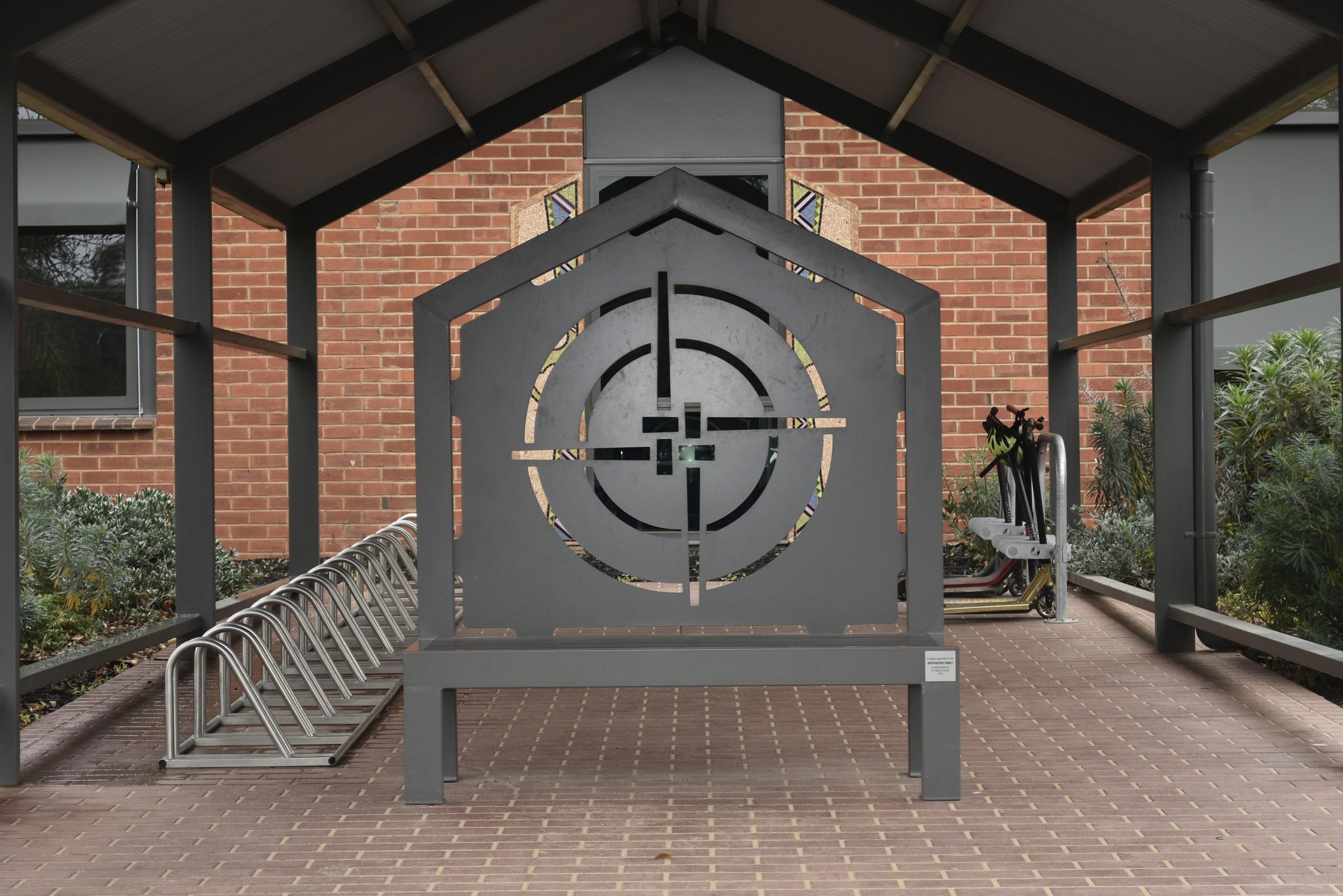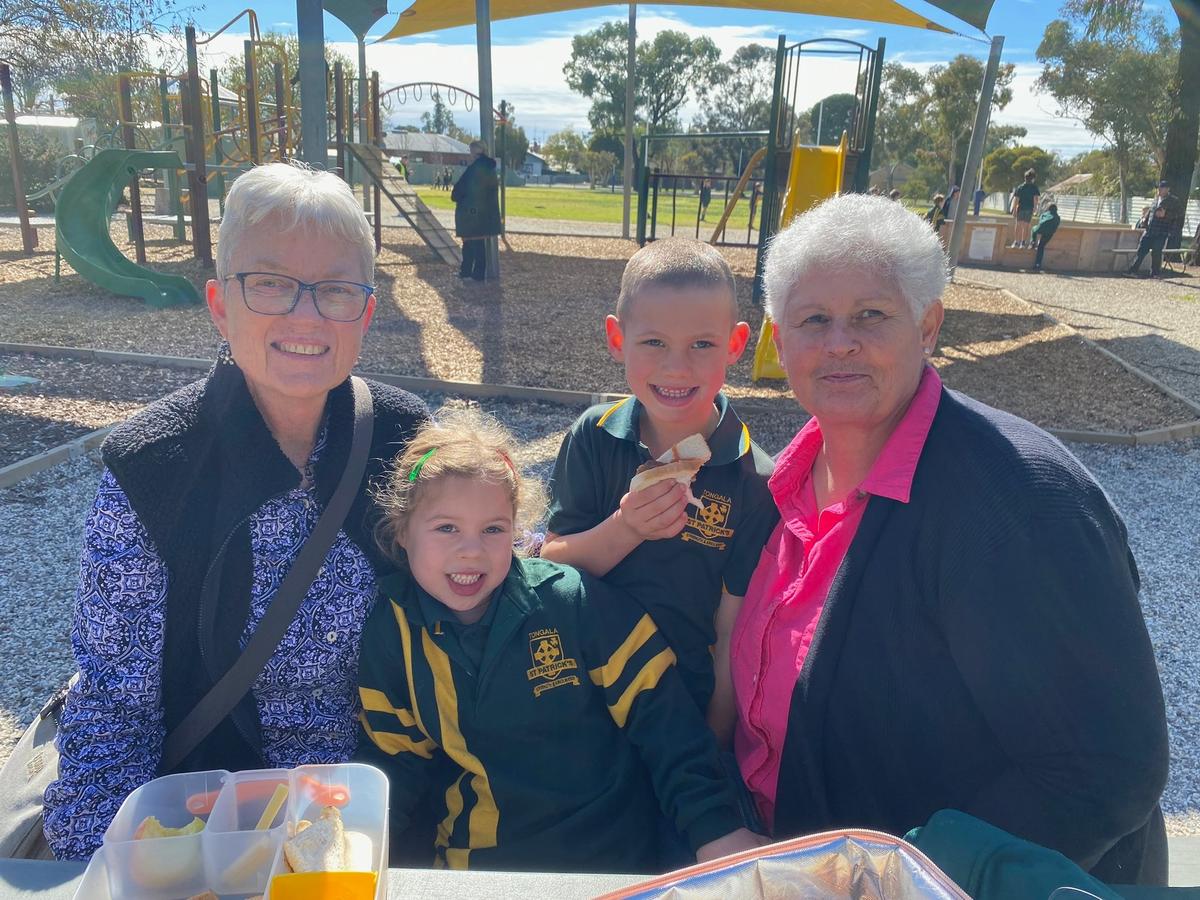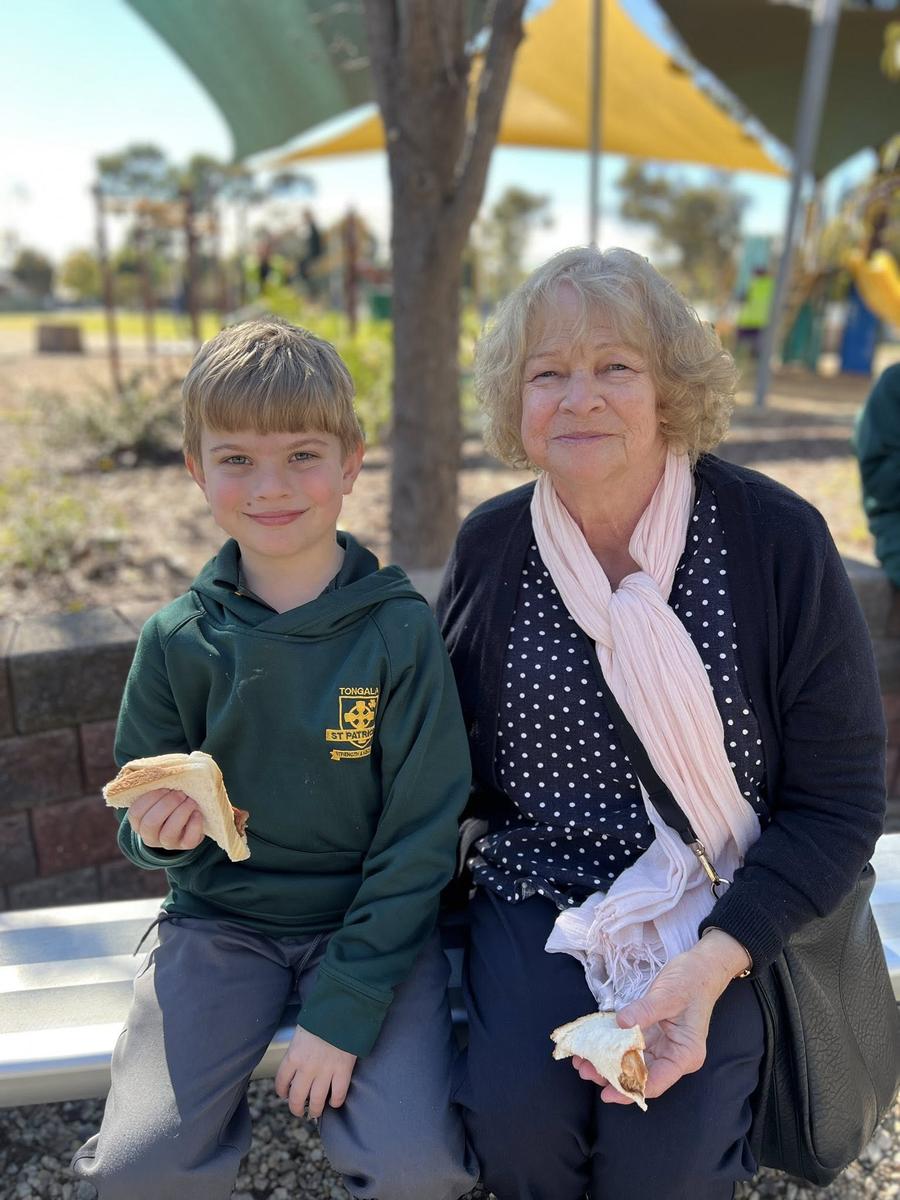Catholic Identity
Leader: Katie Rasmussen

Catholic Identity
Leader: Katie Rasmussen
Last week, our school community came together to celebrate our Grandparents and Special People Mass, a deeply meaningful occasion that highlighted the love, wisdom, and guidance shared across generations.
In our Catholic tradition, we look to the example of Saints Joachim and Anne, the grandparents of Jesus. Although not mentioned directly in scripture, tradition holds that they were the parents of Mary and played a vital role in shaping her life of faith. Through their love, Mary was nurtured in a home that prepared her for her important role in salvation history.
Just like Joachim and Anne, our grandparents and special people pass on values, traditions, and unwavering love. They show us what it means to be patient, compassionate, and faithful. Their presence is a gift, whether they sit beside us or live on in our memories.
Pope Francis reminds us of the importance of these relationships:
“How important it is to have intergenerational exchanges and dialogue, especially within families. Grandparents have the wisdom of history, and young people have the energy to carry it forward.”
We thank all who joined us for this special celebration. It was a joy to see the church filled to the brim, followed by classroom visits and a BBQ lunch in the sunshine—a true celebration of love, faith, and connection.




































Recently, Katie and Jackie spent a day analysing our ECSI (Enhancing Catholic School Identity) data. This data is drawn from surveys completed by our Grade 5/6 students, staff, and parents, giving us a valuable snapshot into the Catholic life of our school.
The purpose of the ECSI is to help us reflect on how our Catholic identity is lived and understood by all members of our community, and how we can continue to grow as a faith-filled school.
Some key findings from the surveys include:
Going forward, our improvement goal is to be intentional in linking the ‘why’ behind what we do at St Patrick’s. For example, when our students visit the aged care facility, we will make clear the link to Catholic Social Teaching (human dignity and solidarity) and Jesus’ call to “love your neighbour as yourself.”
We look forward to continuing this journey together as we strengthen our Catholic identity and ensure it is visible and meaningful for students, staff, and families.


Catholic Social Teaching (CST) is rooted in Scripture, formed by the wisdom of Church leaders, and influenced by grassroots movements. It is our moral compass, guiding us on how to live out our faith in the world.
The CST principles which inspire our work are:
Our faith calls us to love God and to love our neighbours in every situation, especially our sisters and brothers living in poverty. Following in the footsteps of Christ, we hope to make present in our unjust and broken world, the justice, love and peace of God.

